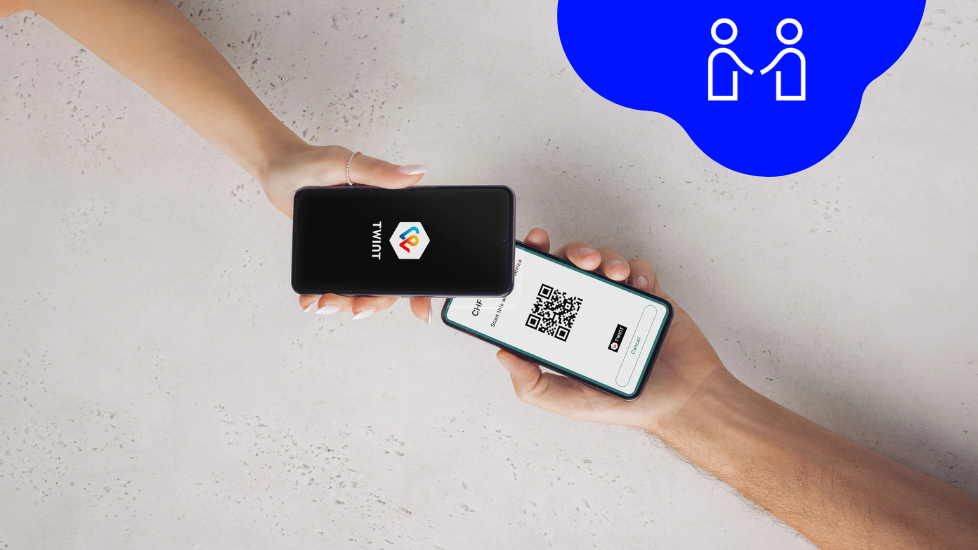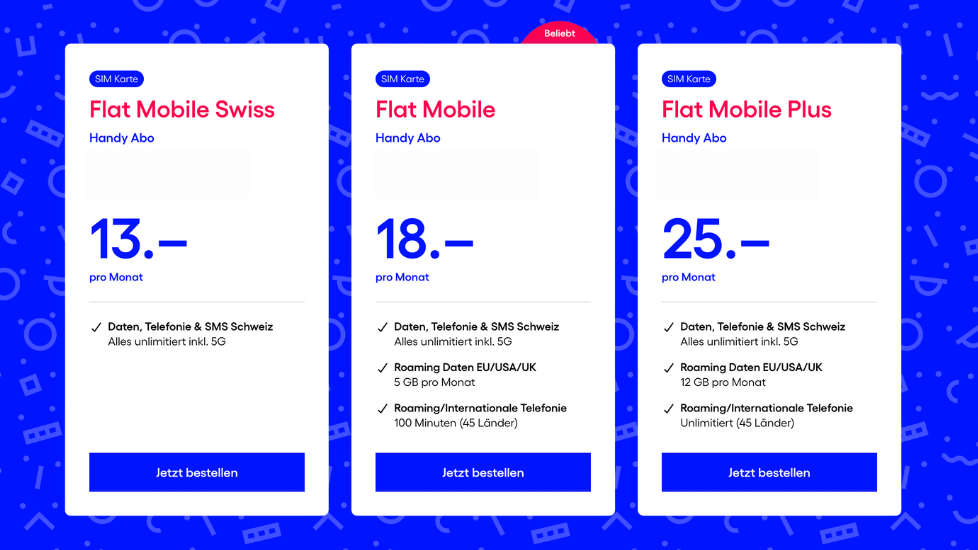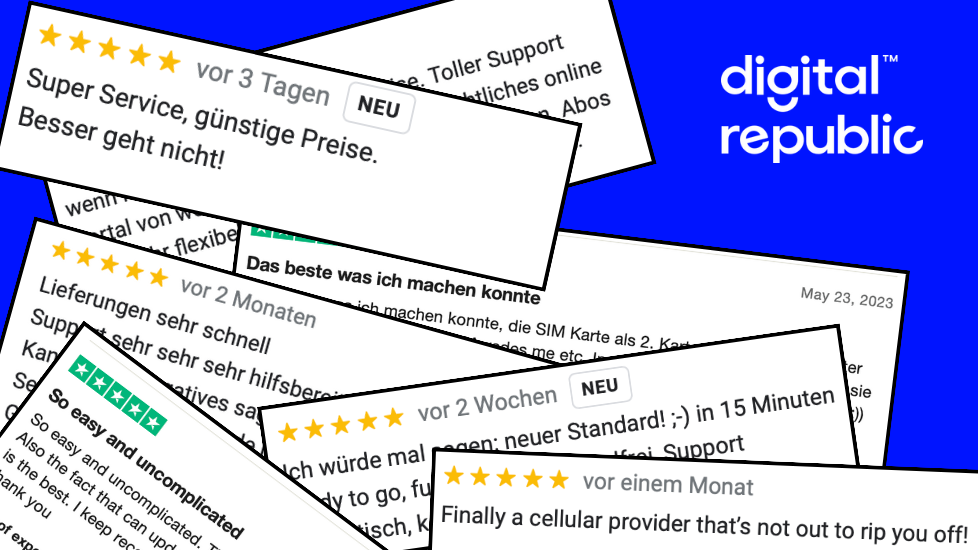4 Tips for Your Online Security
This is how you protect yourself easily and effectively.
Online security is becoming increasingly important. Hardly any service can do without an online account, and anyone who has access to these accounts can potentially cause a lot of damage. Fortunately, if you want to protect yourself against hackers and phishing, there are some strong security mechanisms that minimize the risk. If you also follow a few important rules of conduct, you can surf the net safely despite the increasing number of cyber attacks. We have summarized the most important tips for you.
Tip 1: Use a Password Manager
It is no secret that you should use a unique, strong password for each account. However, with so many accounts, it’s easy to lose track of the passwords you use and remembering them all is simply impossible. This is where a password manager can help.
Many browsers have a built-in password manager. However, you should make sure that it is linked to an account so that you do not lose your passwords if you change your computer or smartphone or lose them due to damage. The simplest option is to use the Apple Keychain or Google password manager, which are directly linked to your Google Account or Apple ID.
If you want to be even more secure, use an independent service such as NordPass or the open-source Swiss variant Proton Pass.
Most password managers can also automatically generate unique and strong passwords for you, so that you can optimally register with services at the push of a button, without having to worry about the ‘creative pressure’ of looking out for special characters, number of characters, etc.
Tip 2: Protect Your Key Accounts
No matter how diverse your passwords are, there are some accounts that are particularly central because they perform a key function for your other accounts. For example, if someone gains access to your Google or Apple account, they may be able to access your password manager or use your email address to reset the passwords of your other accounts.
Your mobile operator’s customer account is also a key account, because attackers can hijack your cell phone number here and use it to bypass two-factor authentication, such as for your e-banking.
For these accounts, it is advisable to regularly change the password (at least once a year) and to use two-factor authentication, for example via SMS or an authenticator app. The use of passkeys is also recommended. These allow you to log in to your accounts only via known devices and your biometric data, so that only you can log in to the account.

Tip 3: Check the Domain for All Links and E-mails.
The strongest password is of no use if you give it away. Phishing e-mails and fake websites try to trick you into doing just that. Many of these pages look deceptively genuine because they are copied exactly from the originals.
A glance at the domain helps here. The domain is the part of a website URL or email address that identifies the provider. In our case, every email and every page ends with “.digitalrepublic.ch”. This last part of an email address or website is crucial. The most common phishing attempts occur with similar addresses that end differently. Examples would be email addresses like “[email protected].cc” or websites like “digital.republic.com”.
If you are unsure, using Google is often the safest option. You can simply search for “Digital Republic” or any other provider and you will usually find the correct URL in the top organic search results. Phishing sites rarely appear in Google searches because they are recognized as duplicates and potentially harmful and are not indexed. Be sure to stick to the organic search results and don’t just click on a “sponsored” link or an advertisement. Fraudsters sometimes place ads on Google that appear at the top as sponsored results.
Before you click on a link, you can hover your mouse pointer over the link in most cases and see the URL at the bottom of your browser before you click. If you’re already on a page that looks suspicious, you can check the domain in the address bar.
Tip 4: Be Careful With SMS
Phishing attempts via SMS are particularly common. In this case, you should avoid tapping any links at all costs. Examples of this are messages that pretend to be from the Swiss Post Office or DHL and tell you that a package could not be delivered.

Hardly any service will ever ask you to click on a link via text message, and any messages about overdue customs fees or the like are more likely to reach you by post than by text message. It’s best to report such messages on your smartphone as spam. This blocks the sender and also protects other users from these messages.
You should also never send sensitive data via SMS, as these are not encrypted. If you need to send sensitive data, you should always use a messenger that offers strong end-to-end encryption, such as Threema or Signal. Of course, it is even better not to send any sensitive data at all.
How to Protect Your Digital Republic Account
It’s easy to enable two-factor authentication (2FA) for your account on Digital Republic.
After that, the only way to log in to your account is to have access to your smartphone. This means that you are protected even in the event of a password leak, and nobody can hijack your cell phone number, activate SIM cards on your account, or block you from the Digital Republic services.
Discover Our Other News Articles

Payment Terminals for Everyone!
The world is becoming increasingly cashless. Small and medium-sized businesses in particular are faced with the challenge of having to accept electronic payments when dealing directly with customers. The necessary equipment is often expensive, complicated, and comes with a monthly base fee. But there are alternatives!

The Development of Our Ideal Cell Phone Plans for Switzerland
The path to the current Trio Flat Mobile Swiss, Flat Mobile, and Flat Mobile Plus cell phone plans is also an example of how Digital Republic wants to function as a provider and where its priorities lie. We have quickly transformed ourselves from a pure data SIM provider to a cell phone plan provider. And we have completely rethought the development process.

The Affordable Mobile Provider With Award-Winning Service
When it comes to mobile providers in Switzerland, the wheat is often separated from the chaff when it comes to price. Either you pay little for your subscription and do without services like support or 5G, or you go to one of the big providers and pay more than you might like. At Digital Republic, you get both!
